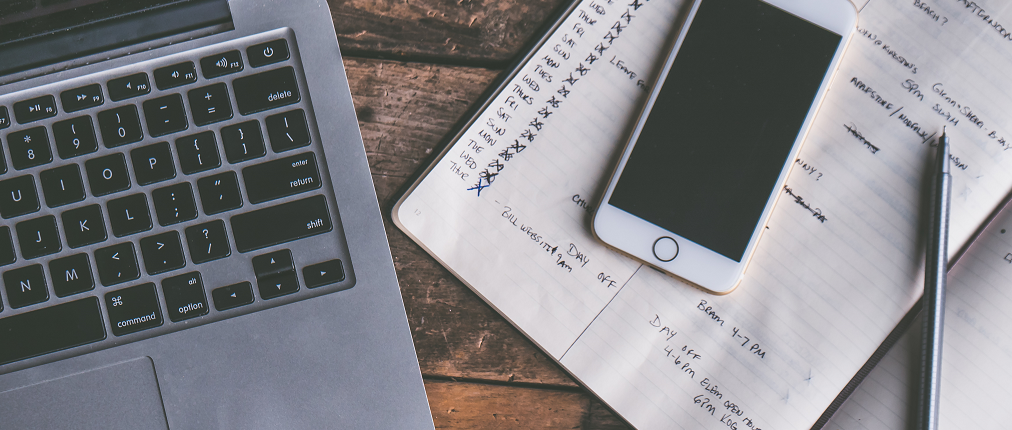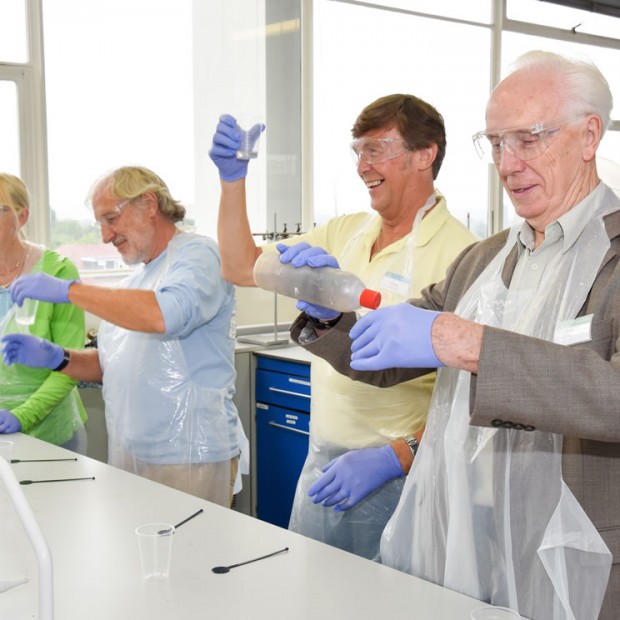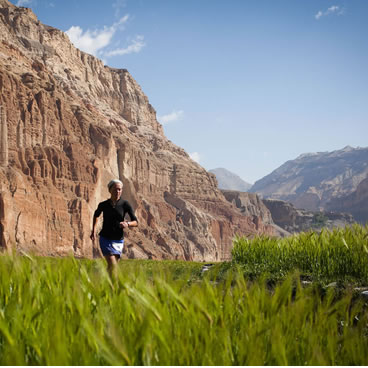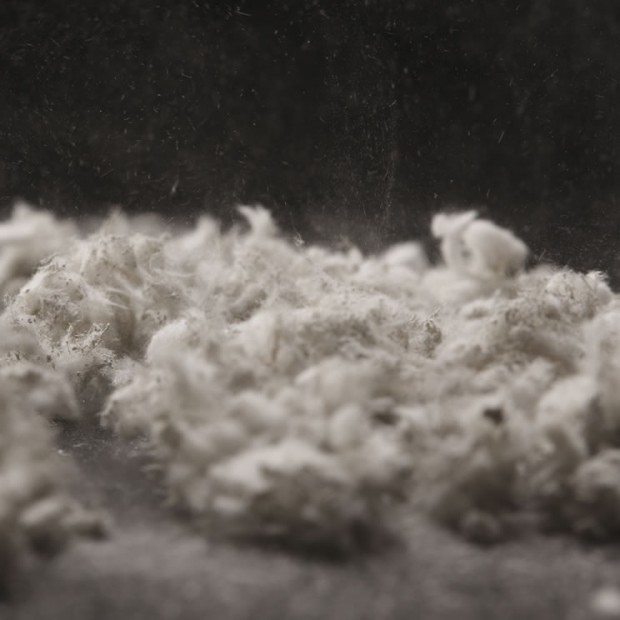Hartley News Online Your alumni and supporter magazine
The repercussions of the coronavirus (COVID-19) pandemic are likely to reverberate for months – possibly years – to come. But for many, the effects have been more immediate. Alumna Zoe Kleinman (BA English, 1998) is a familiar voice and face on BBC television and radio as part of the Tech reporter team.
Whether it’s trying out new devices or exploring the way those devices influence our lives, Zoe has covered major events around the world – including CES 2020 in Las Vegas in January, where she caught up with the University’s Future Worlds team.
In mid-March this year, however, everything changed. Just days before Prime Minister Boris Johnson announced the nationwide restrictions to help flatten the curve of coronavirus’s influence on our society, Zoe got the call to extend her hours and switch from Tech to Health.
“I’d just had a fairly normal day with the Tech team in the newsroom at New Broadcasting House at the BBC – as I have most weeks for the last ten years,” Zoe recalls. “The next day, on my day off, I received a call from a senior editor, politely asking me if I would mind joining the Health reporter team ‘for a little while’, increasing my hours to full time, and concentrating only on coronavirus coverage. I started four days later – working on a laptop in my lounge.
I spent the first week getting my head around the biggest and gravest story of my entire career, having previously thought that particular crown belonged to Brexit – how wrong I was. I felt like I had landed on another planet.
“This is a story like no other. It affects every single one of us and our loved ones on every level – our daily lives, our finances, our kids’ educations, our families, our relationship with technology (Zoom, anyone?), and of course our mental and physical health,” Zoe explains. “As a journalist, I’m pretty thick-skinned, but I have shed many tears over some of the heartbreaking messages I have received and the images I have seen. I know many of us have. It’s both fast moving and painfully slow at the same time.”
In spite of the gloom at times, Zoe has found silver linings in the efforts of many who are using science and technology in the fight against coronavirus.
“There’s also a phenomenal amount of new research and innovation going on,” she enthuses. “There’s the race for treatment and ultimately a vaccine, the drive to plug the gaps in PPE kit for NHS workers, the hunt for ventilators. This is all something that is more familiar to me because of the pace at which the tech sector disrupts. It might not feel like it, but every day we are one step closer to the exit. We just need to find it. And there are some truly brilliant people leading that search.”
For Zoe, who lives in Hampshire, the weekly working pattern has also changed since the lockdown began.
“For starters, my commute has got considerably shorter,” she says. “I think in some ways, as a reporter, I’m used to not working in an office as I can always file remotely. I’ve got a good quality recorder and microphone for radio, and the obligatory BBC bookcase for a TV background.
“I bought a cheap smartphone tripod online which, while not hugely robust, does the job perfectly,” she adds. “Radio is often done from Studio D (a.k.a. under my duvet – it helps the acoustics).”
One of the noticeable aspects for the BBC since the pandemic began is the surge in audience reach for regional TV and radio outlets as the UK public looks for the ‘local’ angle to the stories emerging. Our reliance on technology to keep in touch is another tangible change Zoe has felt very strongly recently.
People of all walks of life are urgently seeking reliable information, and that ranges from the big picture – when’s the vaccine coming? – to the local level – how many cases in my city? It’s a huge responsibility for the media, and we have to get that balance right.
“One of the interesting things for me is how our relationship with technology has changed almost overnight,” she observes. “Platforms like Zoom, WhatsApp, Houseparty, and Microsoft Teams are singlehandedly keeping communities together – colleagues, neighbours, classmates, families. Personally, I have gone from not hugely enjoying video conference team meetings to actively looking forward to them – I’ve realised how much I value actually seeing the people I work with.
“My kids now have tablets – which I swore against – but without which I couldn’t do some parts of my job while we are all under the same roof,” she admits. “My mother is now FaceTiming friends in Europe who previously she had only written letters to, so I am fascinated to see what the legacy of that will be.”
With recent weeks seeing a gradual easing of lockdown restrictions, Zoe has begun to straddle both Health and Tech journalism – still reporting on a moment in time when the two fields have never been more essential.



